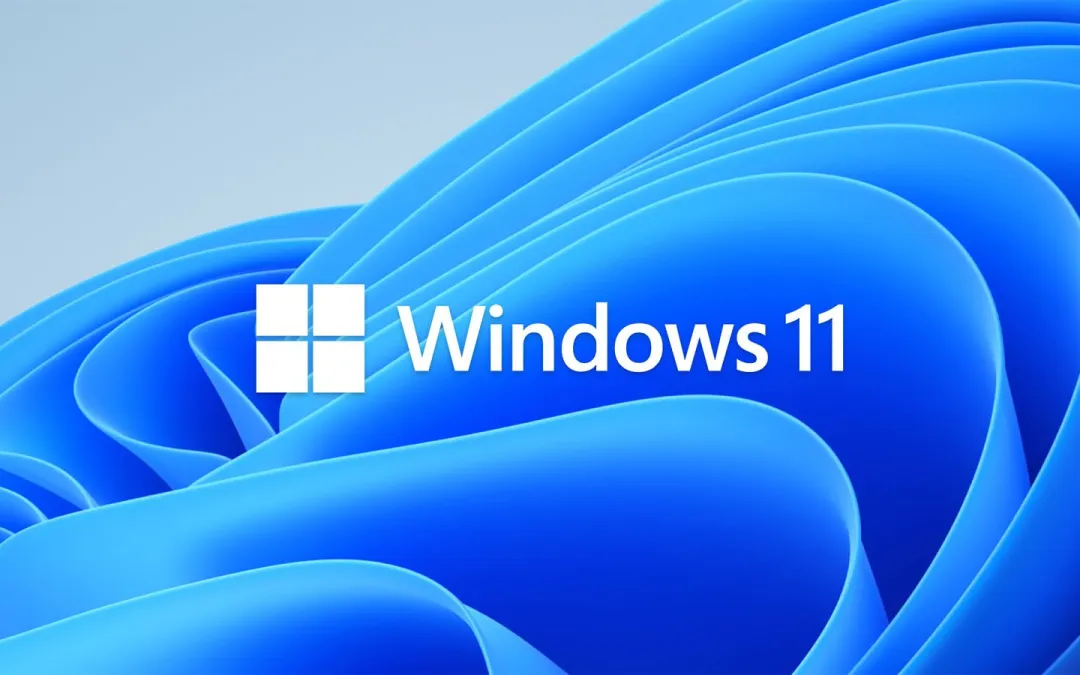
Knowledge Base
Windows 11 VS. Windows 365. What’s the Difference?
At the end of June, Microsoft announced the release of Windows 11. Just a few weeks later, they followed this up with the surprise introduction of Windows 365, a subscription service that takes the operating system to the cloud. It’s designed for businesses, with IT managers and the new hybrid work era in mind. In this article, we’ll go through the features and benefits of both, explaining the differences between the two.
What is Windows 11?
Windows 11 is the latest version of the Windows operating system, first unveiled at the end of June 2021. After six years of the same user interface, the successor of Windows 10 has undergone a complete facelift, debuting a fresher, more minimalistic style than its precursors, with the Start button notably taking on a new position in the centre of the display.
Microsoft describes Windows 11 as a ‘calm and creative space’ which ‘brings you closer to the people and things you love’. During the pandemic, our devices have often been the only place we can work, connect, play, be entertained and stay informed, which has no doubt influenced Microsoft’s aim of making these areas intuitive to use and easy to switch between.
New features for Windows 11
- The Start Menu has been refreshed and now opens from the centre of the taskbar (You can change this back if you wish)
- Live Tiles have gone but will be replaced by Widgets for things like the weather, news and calendar events
- The addition of Desktops helps you stay focused and organised, allowing you to create separate, customisable desktops for school, work, gaming, home and other parts of your life
- Snap Layouts allows you to open multiple windows at once in your chosen layout, adapting to the size of your screen, whilst Snap Groups remembers collections of apps you’ve used and keeps them for you, so you can go back to them at a later date
- Microsoft Teams is built into Windows 11 devices so you can instantly connect with your contacts, right from your desktop
- Vertical Tabs make it easier to find what you’re looking for, so you don’t get lost within several tabs
- Updates are 40% smaller and happen in the background for fewer interruptions
Can Windows 11 run on my device?
Windows 11 requires a modern CPU and a 2.0 TPM (Trusted Platform Module) which means that most older PCs won’t be eligible, though it is currently unclear just how strict Microsoft will be with these terms.
Microsoft has a webpage dedicated to Windows 11 and, if you scroll to the end, you’ll see a list of minimum system requirements. They will soon be releasing a PC Health Check app that can help you determine whether your device is compatible.
When will Windows 11 be released?
Windows 11 was released on the 5th of October 2021.
However, it is thought that this refers only to the date that new laptops and PCs with Windows 11 pre-installed will be available to buy – users wanting to upgrade their existing Windows devices will likely have to wait until 2022, allowing time for software vendors and apps to provide support for the new upgrade. There’s plenty of time to consider your PC upgrade, though, as Microsoft has pledged to support Windows 10 until at least 2025.
When will Windows 11 be released?
What’s the difference between Windows 11 and Windows 365?
The main distinction between the two is that Windows 11 is a traditional operating system that anyone can buy and install on their computer, whereas Windows 365 is a subscription service that allows businesses to stream Windows 11 (or Windows 10) from the cloud to any device.
Here are some other key differences:
- Because a traditional operating system like Windows 11 is installed on your device, it uses up RAM and storage space. Windows 365, on the other hand, doesn’t take up any room on your device as everything is stored in the cloud, but it does mean that an internet connection is required for it to run.
- Windows 10 and 11 are either pre-installed on devices or you buy a licence and it’s yours to keep forever. In contrast, Windows 365 operates on a subscription model, so you essentially rent your desktops. This could be useful if you hire contractors, freelancers or temporary workers such as interns, as you can quickly set up their new Cloud PC and provide secure access to company data without having to make long-term investments.